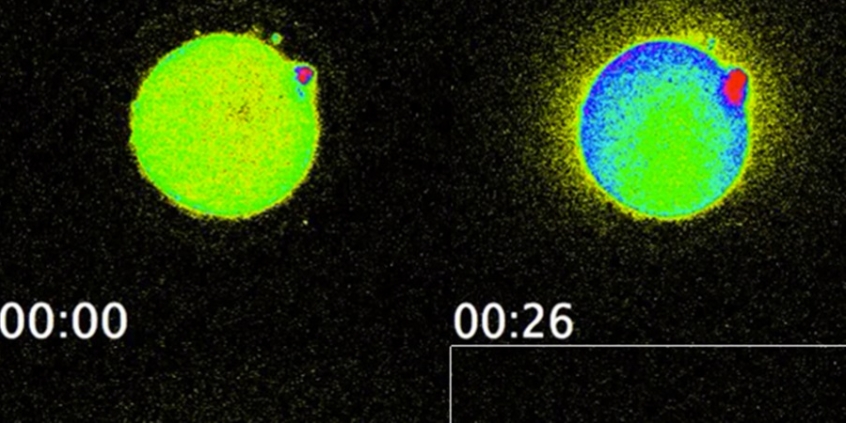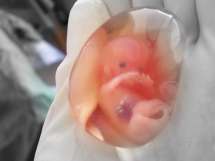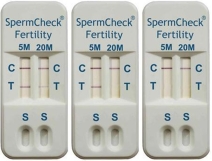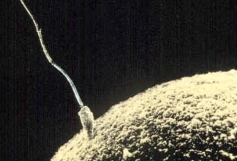
Here's another sign of God's amazing power of life: Scientists recently discovered that whenever a new life begins inside a mother's womb, some sort of mini-"fireworks" happen.
Researchers from the Northwestern University in Chicago successfully captured on film the bright flashes of light whenever a sperm cell meets an egg.
The scientists got the idea of observing the possible spark during human fertilisation on previous studies showing that the same phenomenon occurs in other animals.
"It was remarkable," Professor Teresa Woodruff, one of the study's two senior authors and an expert in ovarian biology at Northwestern, told The Telegraph.
"We discovered the zinc spark just five years ago in the mouse, and to see the zinc radiate out in a burst from each human egg was breathtaking," she added.
This amazing spark during fertilisation is not just pure aesthetics, however. The researchers also found out that the brightness of the light emitted by the fertilised egg can serve as a measure of how healthy the baby will grow up to be.
This discovery could help doctors pick which fertilised eggs are best for in vitro fertilisation, a child-birth method for couples who are experiencing difficulties having babies.
"This means if you can look at the zinc spark at the time of fertilisation, you will know immediately which eggs are the good ones to transfer in in vitro fertilisation," Woodruff explained.
"It's a way of sorting egg quality in a way we've never been able to assess before. All of biology starts at the time of fertilisation, yet we know next to nothing about the events that occur in the human," she added.
At present, almost half of fertilised eggs used in in vitro fertilisation do not develop properly into healthy babies. Study co-author Dr. Eve Feinberg said these failures can now be avoided with this recent discovery.
"This is an important discovery because it may give us a non-invasive and easily visible way to assess the health of an egg and eventually an embryo before implantation," Feinberg also told The Telegraph.
"There are no tools currently available that tell us if it's a good quality egg. Often we don't know whether the egg or embryo is truly viable until we see if a pregnancy ensues," she added.

















